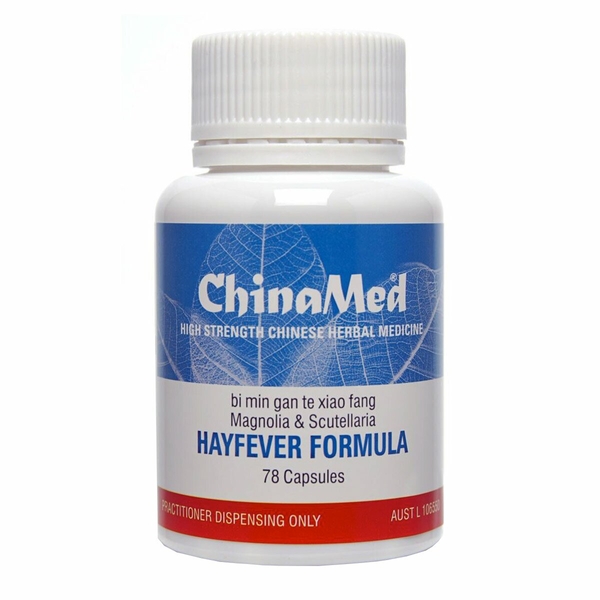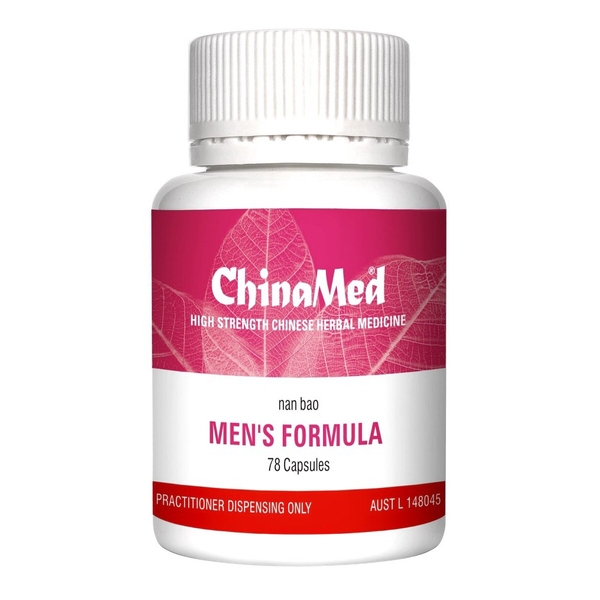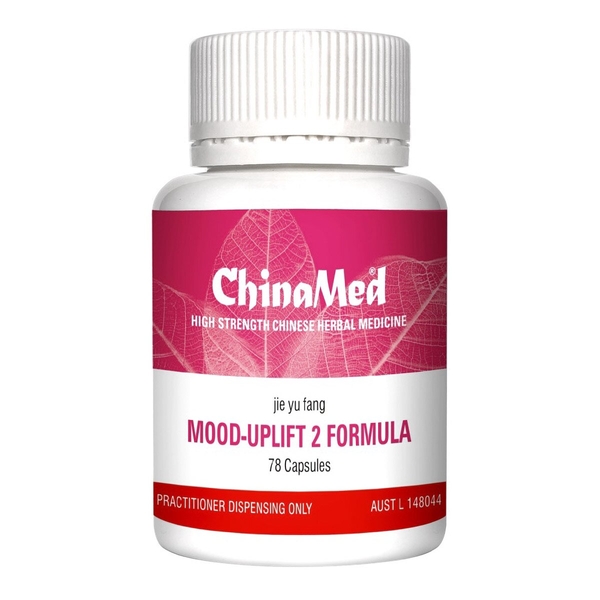
Background
There are four different types of calamus. Some contain a cancer-causing chemical called beta-asarone. The North American and European varieties contain little to no beta-asarone, but others contain up to 96%. It also contains chemicals that might reduce pain and help fight infections.
People use calamus for asthma, cancer, depression, diabetes, headache, stomach ulcers, and many other conditions, but there is no good scientific evidence to support these uses. Using calamus can also be unsafe.
The US FDA banned calamus in 1968 due to some species containing the cancer-causing chemical beta-asarone.
Safety Safety definitions
When applied to the skin: There isn't enough reliable information to know if calamus is safe or what the side effects might be.
Special Precautions & Warnings:
Pregnancy and breast-feeding: Calamus is likely unsafe when taken by mouth during pregnancy or breast-feeding. Avoid use.Heart conditions: Calamus might lower blood pressure and heart rate. Taking large amounts of calamus might worsen heart problems in some people with heart conditions.
Surgery: Calamus can affect the central nervous system. It might cause too much sleepiness if combined with medications used during and after surgery. Stop using calamus at least 2 weeks before a scheduled surgery.
Effectiveness
Dosing & administration
Interactions with pharmaceuticals
Antacids
Interaction Rating=Minor Be watchful with this combination.
Antacids are used to decrease stomach acid. Calamus can increase stomach acid. Taking calamus might decrease the effects of antacids.
Drying medications (Anticholinergic drugs)
Interaction Rating=Moderate Be cautious with this combination.
Calamus can increase a chemical in the body called acetylcholine. Acetylcholine plays a big part in many important body functions. Some medications, called anticholinergic drugs, block the effects of acetylcholine in the body. Taking calamus might decrease the effects of anticholinergic drugs.
Medications changed by the liver (Cytochrome P450 2D6 (CYP2D6) substrates)
Interaction Rating=Moderate Be cautious with this combination.
Some medications are changed and broken down by the liver. Calamus might change how quickly the liver breaks down these medications. This could change the effects and side effects of these medications.
Medications changed by the liver (Cytochrome P450 3A4 (CYP3A4) substrates)
Interaction Rating=Moderate Be cautious with this combination.
Some medications are changed and broken down by the liver. Calamus might change how quickly the liver breaks down these medications. This could change the effects and side effects of these medications.
Medications for depression (MAOIs)
Interaction Rating=Moderate Be cautious with this combination.
Calamus contains a chemical that affects the body. This chemical might increase the side effects of some medications used for depression.
Some common MAOIs include phenelzine (Nardil), selegiline (Zelapar), and tranylcypromine (Parnate).
Medications for high blood pressure (Antihypertensive drugs)
Interaction Rating=Moderate Be cautious with this combination.
Calamus might lower blood pressure. Taking calamus along with medications that lower blood pressure might cause blood pressure to go too low. Monitor your blood pressure closely.
Medications that decrease stomach acid (H2-blockers)
Interaction Rating=Minor Be watchful with this combination.
H2-blockers are used to decrease stomach acid. Calamus can increase stomach acid. Taking calamus might decrease the effects of H2-blockers.
Some common H2-blockers include cimetidine (Tagamet), ranitidine (Zantac), and famotidine (Pepcid).
Medications that decrease stomach acid (Proton pump inhibitors)
Interaction Rating=Minor Be watchful with this combination.
Proton pump inhibitors are used to decrease stomach acid. Calamus can increase stomach acid. Taking calamus might decrease the effects of proton pump inhibitors.
Some common proton pump inhibitors include omeprazole (Prilosec), lansoprazole (Prevacid), rabeprazole (Aciphex), pantoprazole (Protonix), and esomeprazole (Nexium).
Sedative medications (CNS depressants)
Interaction Rating=Moderate Be cautious with this combination.
Calamus might cause sleepiness and slowed breathing. Some medications, called sedatives, can also cause sleepiness and slowed breathing. Taking calamus with sedative medications might cause breathing problems and/or too much sleepiness.
Various medications used for glaucoma, Alzheimer disease, and other conditions (Cholinergic drugs)
Interaction Rating=Moderate Be cautious with this combination.
Calamus can increase a chemical in the body called acetylcholine. Some medications that are used for glaucoma, Alzheimer disease, and other conditions, also increase acetylcholine levels. Taking calamus with these medications might increase the chance of side effects.
Interactions with herbs & supplements
Herbs and supplements with sedative properties: Calamus might cause sleepiness and slowed breathing. Taking it along with other supplements with similar effects might cause too much sleepiness and/or slowed breathing in some people. Examples of supplements with this effect include hops, kava, L-tryptophan, melatonin, and valerian.
Interactions with foods
Products
View all products- Anemone altaica (Shi Chang Pu) ext. 22.387 mg
- Magnolia liliflora ext. 37.312 mg
- Morus alba ext. 37.312 mg
- Mentha haplocalyx ext. 37.312 mg
- Chrysanthemum sinense ext. 29.85 mg
- Angelica dahurica ext. 22.387 mg
- Scutellaria baicalensis ext. 22.387 mg
- Xanthium sibiricum ext. 22.387 mg
- Cinnamomum cassia (bark) ext. 22.387 mg
- Schizonepeta tenuifolia ext. 22.387 mg
- Anemone altaica (Shi Chang Pu) ext. 18.57 mg
- Astragalus membranaceus ext. 46.41 mg
- Rehmannia glutinosa ext. 46.41 mg
- Epimedium sagittatum ext. 37.11 mg
- Morindae officinalis ext. 37.11 mg
- Cynomorium songaricum ext. 37.11 mg
- Cyperus rotundus ext. 27.84 mg
- Polygala sibirica ext. 15.45 mg
- Schizandra chinensis ext. 15.45 mg
- Panax ginseng ext. 9.27 mg
- Cinnamomum cassia (bark) ext. 9.27 mg
- Anemone altaica (Shi Chang Pu) ext. 15 mg
- Morus alba ext. 29.1 mg
- Poria cocos ext. 29.1 mg
- Angelica polymorpha ext. 29.1 mg
- Achyranthes bidentata ext. 29.1 mg
- Lycium barbarum ext. 29.1 mg
- Cuscuta hygrophilae ext. 29.1 mg
- Rehmannia glutinosa ext. 29.1 mg
- Panax ginseng ext. 15 mg
- Astragalus membranaceus ext. 29.1 mg
- Cullen corylifolium ext. 22.2 mg
- Polygala sibirica ext. 15 mg
- Anemone altaica (Shi Chang Pu) ext. 13.32 mg
- Astragalus membranaceus ext. 33.36 mg
- Angelica polymorpha ext. 26.67 mg
- Paeonia lactiflora ext. 26.67 mg
- Poria cocos ext. 33.33 mg
- Curcuma longa ext. 26.67 mg
- Pseudostellaria heterophylla ext. 26.67 mg
- Pinellia ternata ext. 26.67 mg
- Cyperus rotundus ext. 22.2 mg
- Bupleurum falcatum ext. 20.01 mg
- Phyllostachys nigra ext. 20.01 mg
- Citrus reticulata ext. 13.32 mg
- Polygala sibirica ext. 11.1 mg








